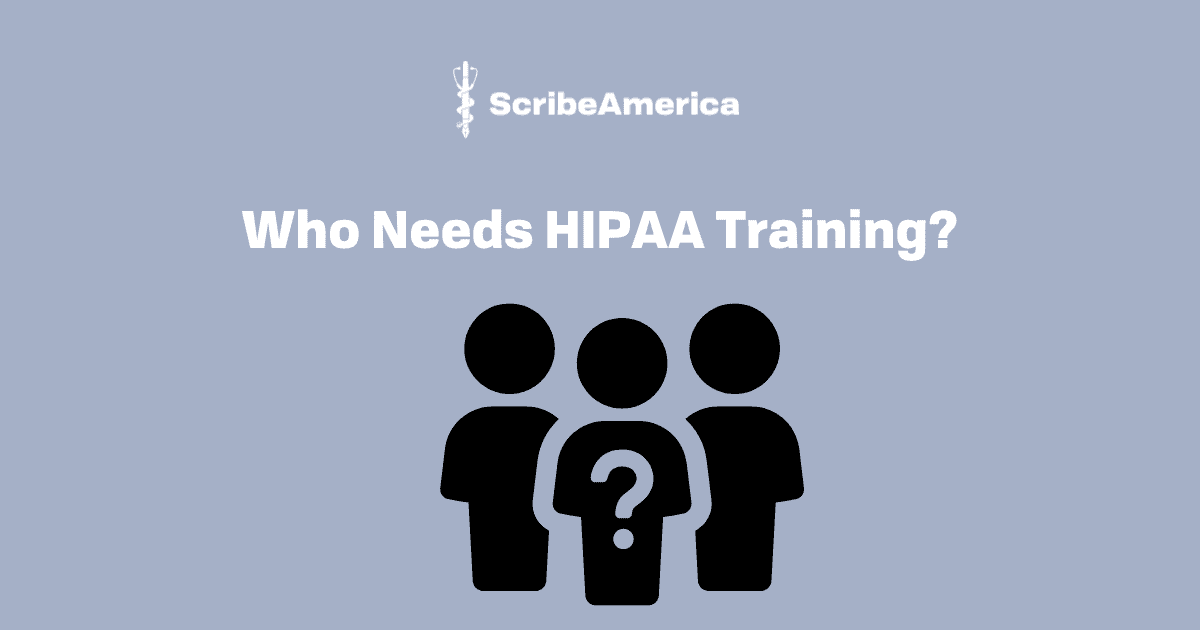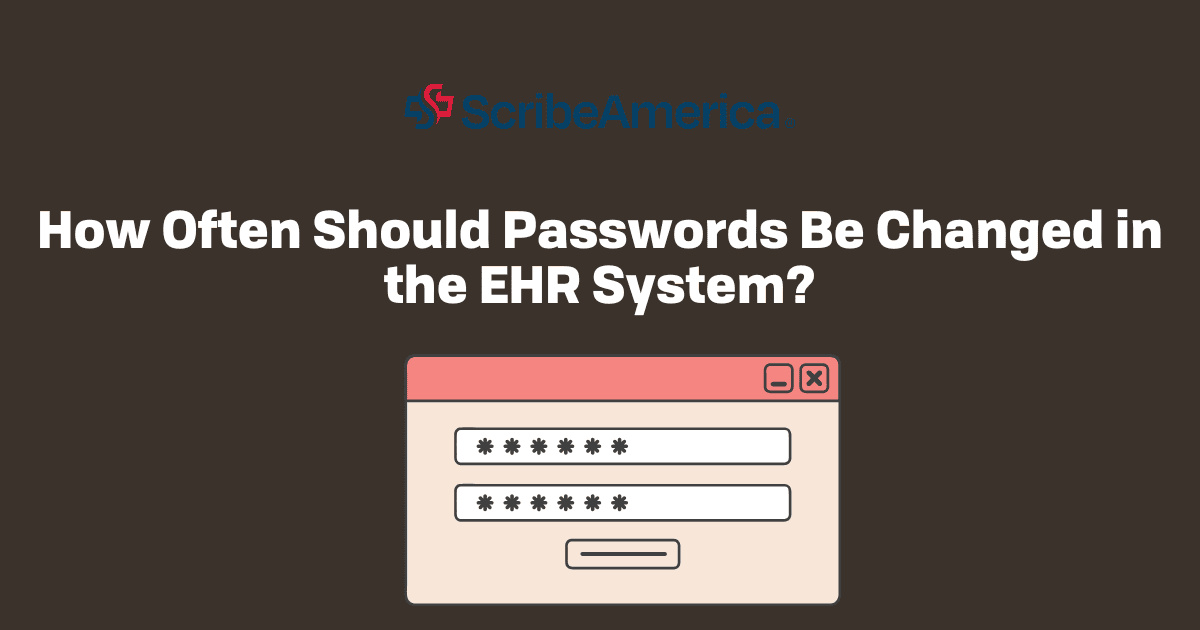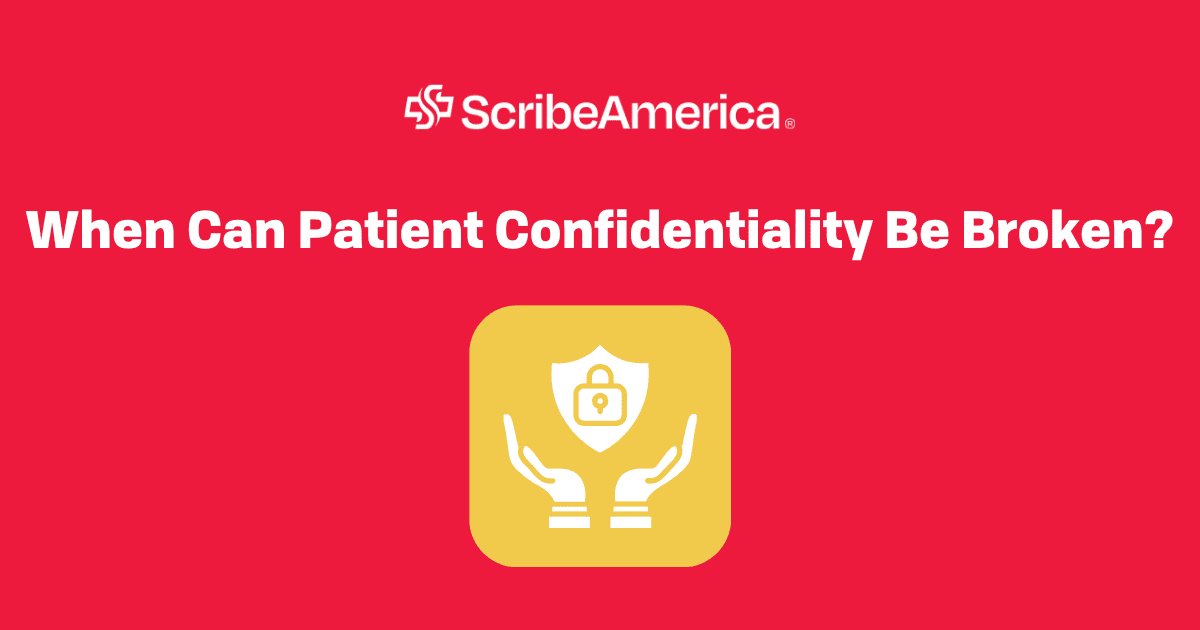Key points:
- HIPAA training is required for more than just doctors and nurses – anyone who handles, stores, transmits, or has access to Protected Health Information (PHI) needs training, including IT staff, billing teams, contractors, and even support staff.
- It is a legal requirement under HIPAA Privacy and Security Rules – training must be provided not only at hiring but also when roles, policies, or systems change. It’s an ongoing responsibility, not a one-time event.
- The purpose goes beyond compliance – HIPAA training builds trust with patients by ensuring their information is respected and protected, reduces the risk of breaches, and helps organizations avoid serious legal and financial consequences.
When it comes to working in healthcare, few things are more fundamental than understanding patient privacy. But not everyone knows exactly who needs HIPAA training, and why. Is it just for doctors and nurses? What about IT staff, billing teams, or even contractors who never interact with patients directly? Let’s break it down clearly, so if you’re working in or around healthcare, you’ll know exactly where you stand.
The short answer – more people than you think
If you're asking who needs HIPAA training, the answer isn’t limited to physicians or hospital administrators. Anyone who has access to Protected Health Information (PHI), or who supports systems or processes that store, transmit, or manage that data, falls under HIPAA’s scope.
This includes a long list of roles: receptionists, transcriptionists, medical assistants, billing staff, health IT professionals, medical scribes, lab technicians, and even third-party vendors and contractors. If your job involves handling, viewing, storing, or transmitting health-related data, you’re expected to understand HIPAA rules and act accordingly.

Is HIPAA training required by law?
The HIPAA Privacy and Security Rules, enforced by the U.S. Department of Health and Human Services (HHS), require that all covered entities and their business associates train their workforce on privacy and security policies.
The legal requirement applies not only when someone is hired but also whenever there are significant changes in responsibilities, policies, or systems. In other words, HIPAA training isn’t a one-and-done situation, and organizations are expected to make sure their teams are kept up to speed. So if you’re wondering whether your organization should be offering HIPAA training – the law says yes. And if you’re working in healthcare or a healthcare-adjacent field, you should be receiving it.
The less obvious roles that still need training
While it’s easy to see why doctors, nurses, and clinical staff need HIPAA training, it’s the less obvious roles where people tend to overlook the requirement. Let’s say you work in healthcare IT. You might never open a patient file, but if you're building systems that store or process PHI, your role is just as critical in protecting that information.
The same goes for someone working in medical billing. You may never speak to a patient, but you’re still handling their names, birth dates, insurance IDs, and treatment details – all of which are protected under HIPAA. Even cleaning staff working in clinical areas can be exposed to printed patient data left on desks or unattended screens. That’s why many healthcare organizations include environmental and support staff in their training requirements as well. Then there’s the growing category of healthcare-related contractors such as freelance developers building a patient portal, transcription companies, or temporary staffing agencies placing healthcare workers. If any of these roles expose someone to PHI, HIPAA training is required by law.
Why it’s not just about the rules
HIPAA compliance is a legal obligation, but the training serves a bigger purpose: trust. Patients don’t always get to choose who sees their records, but they have every right to expect that their information is handled with care.
When an entire team is trained, it creates a unified understanding of what privacy really means in practice. It’s about respecting the dignity of the people you serve. HIPAA breaches can happen for all kinds of reasons: accidental email errors, lost devices, even casual hallway conversations. Training helps prevent these mistakes by raising awareness before they happen. And in the event of a breach, regulators want to see that training was provided. If it wasn’t, your organization’s liability increases significantly.
The HIPAA grey zones
In some industries, the lines can be blurry. What if you're a health coach? A pharmacy delivery driver? A student shadowing in a clinic? These roles fall into grey areas, and the decision often comes down to how much exposure someone has to PHI. If there's any chance you’ll access, hear, or handle patient data, training is the smart move. When in doubt, remember it’s better to over-train than leave a gap that leads to a violation.
The takeaway
So, who needs HIPAA training? Practically anyone working in, around, or in support of healthcare services. If your role touches patient information in any way, you’re legally and ethically expected to understand how to protect it.
And yes, HIPAA training is required by law, not just suggested best practice. It’s essential not just for legal compliance, but for creating a culture where patients know their privacy is taken seriously. If you're aiming to become a medical scribe, HIPAA training should be on your radar from day one. As someone closely involved in documenting real-time patient care, you'll be handling sensitive information constantly. So, understanding HIPAA inside and out is absolutely necessary!




